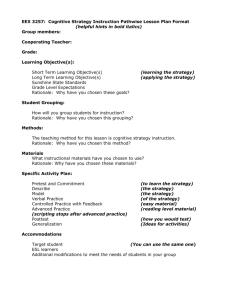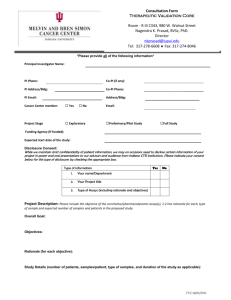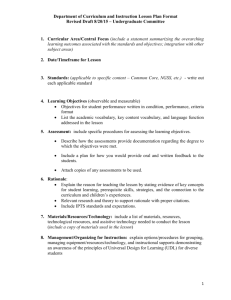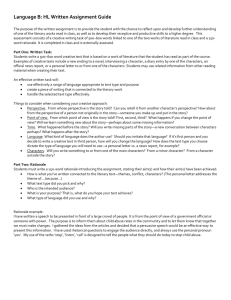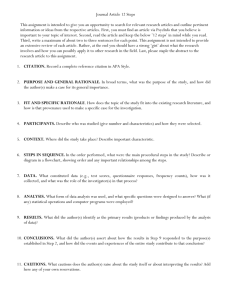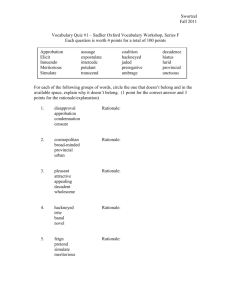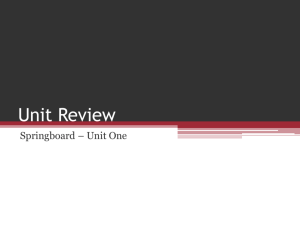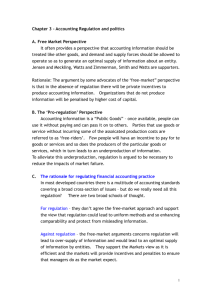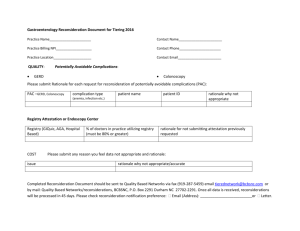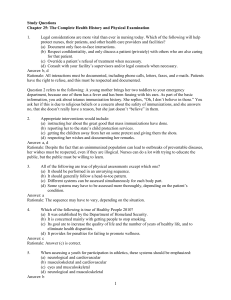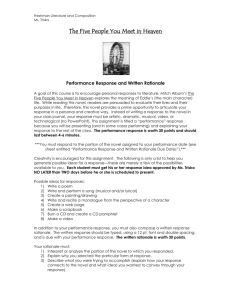Basic Oral Communication - Intellectual Foundations
advertisement
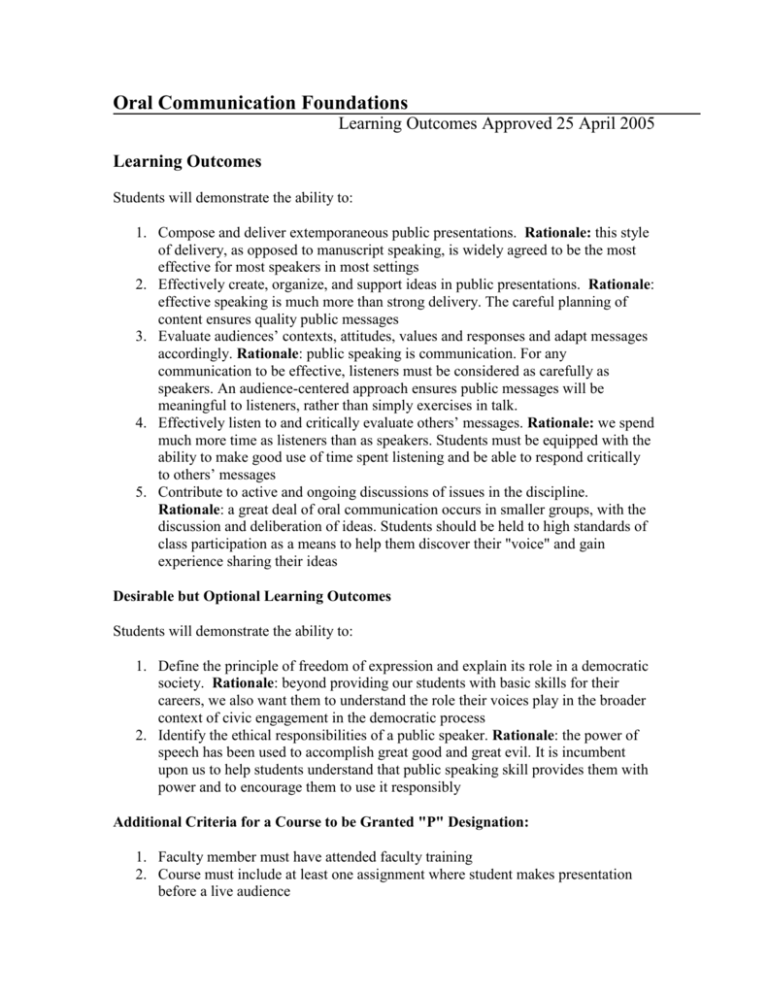
Oral Communication Foundations Learning Outcomes Approved 25 April 2005 Learning Outcomes Students will demonstrate the ability to: 1. Compose and deliver extemporaneous public presentations. Rationale: this style of delivery, as opposed to manuscript speaking, is widely agreed to be the most effective for most speakers in most settings 2. Effectively create, organize, and support ideas in public presentations. Rationale: effective speaking is much more than strong delivery. The careful planning of content ensures quality public messages 3. Evaluate audiences’ contexts, attitudes, values and responses and adapt messages accordingly. Rationale: public speaking is communication. For any communication to be effective, listeners must be considered as carefully as speakers. An audience-centered approach ensures public messages will be meaningful to listeners, rather than simply exercises in talk. 4. Effectively listen to and critically evaluate others’ messages. Rationale: we spend much more time as listeners than as speakers. Students must be equipped with the ability to make good use of time spent listening and be able to respond critically to others’ messages 5. Contribute to active and ongoing discussions of issues in the discipline. Rationale: a great deal of oral communication occurs in smaller groups, with the discussion and deliberation of ideas. Students should be held to high standards of class participation as a means to help them discover their "voice" and gain experience sharing their ideas Desirable but Optional Learning Outcomes Students will demonstrate the ability to: 1. Define the principle of freedom of expression and explain its role in a democratic society. Rationale: beyond providing our students with basic skills for their careers, we also want them to understand the role their voices play in the broader context of civic engagement in the democratic process 2. Identify the ethical responsibilities of a public speaker. Rationale: the power of speech has been used to accomplish great good and great evil. It is incumbent upon us to help students understand that public speaking skill provides them with power and to encourage them to use it responsibly Additional Criteria for a Course to be Granted "P" Designation: 1. Faculty member must have attended faculty training 2. Course must include at least one assignment where student makes presentation before a live audience 3. Student presentations must be extemporaneous in delivery 4. Course should be conducted seminar style with focus on students participation in discussion of ideas 5. Course syllabus should reflect grading emphasis on in-class participation and oral presentation 6. Successful completion of ENG101 shall be prerequisite to enrollment in Pdesignated course
